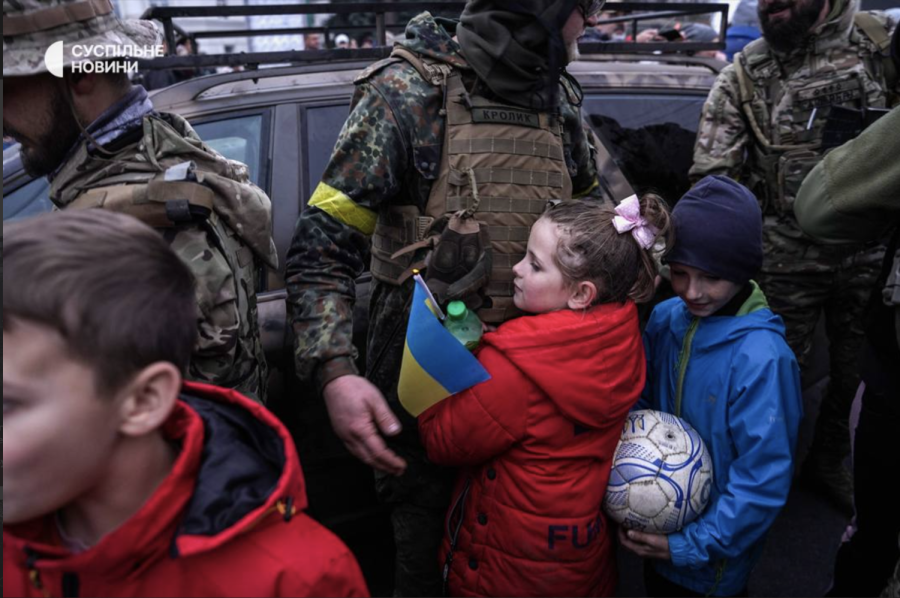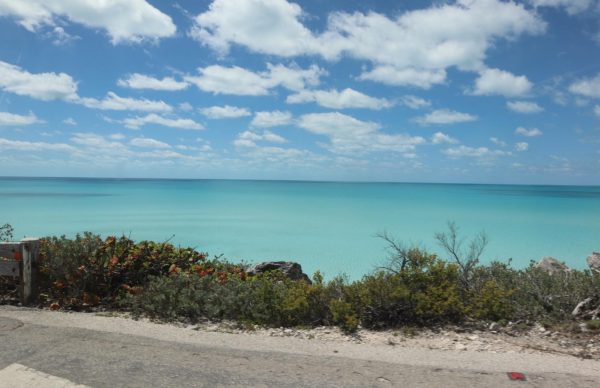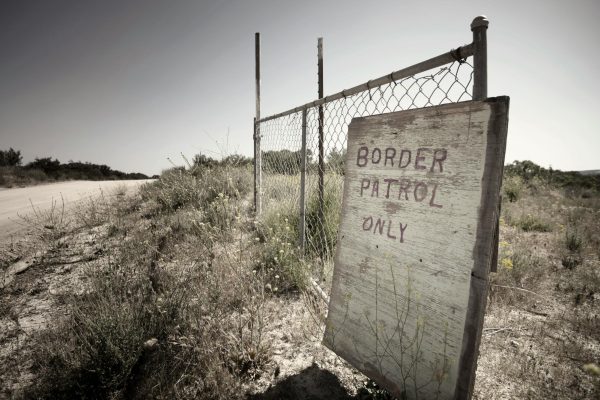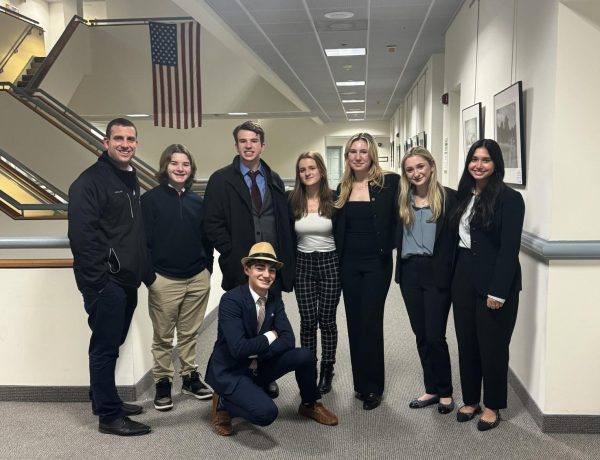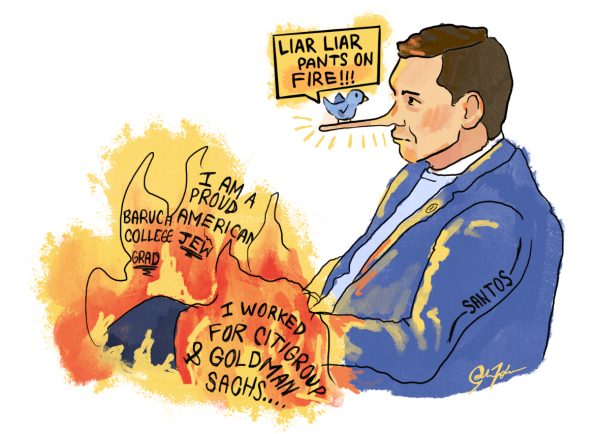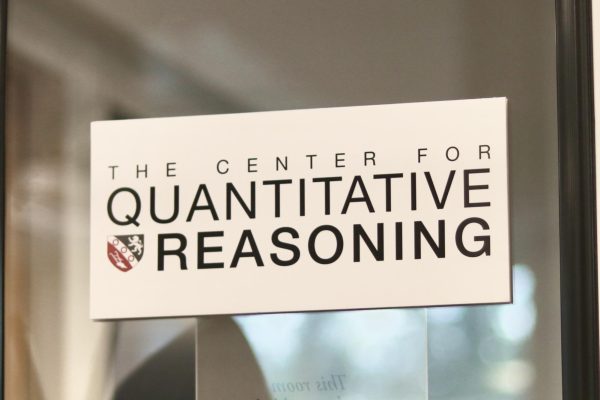The Russian-Ukrainian War: 8 Months Later
On November 12, 2022, Kherson residents celebrated the liberation of the city from Russian occupation. Photo courtesy Taras Ibrahimov of Suspilne Media Company, Ukraine.
November 14, 2022
Though the war in Ukraine has seemed endless, there have been many developments this fall, 8 months after Russia first invaded Ukraine on February 24th. The wars impact on everyday citizens continues to be devastating.
On September 21st, Russian President Vladimir Putin announced a partial military mobilization that could call up to as many as 300,000 reservists. This seems to be in a striking effort to reverse Russian setbacks in the war, inducing many humiliating retreats and losses to the smaller Ukrainian forces. However, this partial mobilization has revealed a consensus belief of the war for the Russian people.
After hearing of the mobilization, tens of thousands of mostly military-aged Russian men have fled the country in a bid to avoid being drafted to fight in Ukraine. Prices of one-way tickets to neighboring countries in eastern Europe have surged, and mass traffic jams have occurred at Russian borders. The attempt to flee is not only limited to Europe; Kazakhstan, Georgia, and Mongolia have all reported a surge in the number of border crossings following the Kremlin’s announcement. Contrary to reports, Dmitry Peskov, a Kremlin spokesperson, denounced the reports of thousands fleeing, saying that he doesn’t “think those numbers should be taken seriously.”
Later in September, four Russian-occupied regions of Ukraine staged a referendum on joining Russia permanently. These regions include the Kherson and Zaporizhzhia regions, and the Luhansk and Donetsk regions in eastern Ukraine; these regions amount to a small, but important percentage of Ukraine’s territory. They are strategically important to Russian interests as they provide drinking water, energy, and a land bridge to Crimea. In Ukraine, and internationally, these referendums have been described as fraudulent and fallacious.
In recent news, President Putin has accused Ukraine of attacking the Kerch bridge in Russian-annexed Crimea (in early October), which he ironically declared an act of terrorism. The Kerch bridge served as a key supply route for the war against Ukraine and an important piece of Russian infrastructure; the explosion on the bridge killed 4 people. In retaliation, Russia has unleashed the most widespread strikes against Ukraine in recent months, launching several missile strikes on civilian targets in cities across the country, including many in the capital, Kyiv.
These attacks have caused the leaders of the G7 group to hold an emergency meeting on Tuesday, October 10th, to discuss Russia’s war in Ukraine. In this meeting, several of the most important leaders of the world spoke, including Ukrainian President Volodymyr Zelenskyy. President Putin also replaced the commander of the military effort in Ukraine with General Sergei Surovikin, nicknamed General Armageddon. This hardliner is a veteran of Russia’s vicious wars in Chechnya and Syria and oversaw the obliteration of Aleppo, and demonstrates Russian escalation of the Ukrainian invasion to regain its momentum.

